
- 0 Comments
- PRMA Plastic Surgery
What are the most common concerns following breast reconstruction surgery?
1. Pain and discomfort.
You have just had a major surgery! Experiencing discomfort after surgery is normal and should be expected. However, thanks to our ERAS Protocol, patients are experiencing less pain, using less (if any) narcotics, and are feeling well enough to be discharged from the hospital after 2-3 days.
2. Firmness of the breast.
After surgery, your newly reconstructed breasts may feel firm due to post surgery swelling. This is typical and will subside. Within a few months, the breasts will become softer and more natural feeling.
3. Stiffness or soreness to extremities.
Stiffness or soreness in the upper extremity of the mastectomy and reconstructed side is normal. Once you begin your range of motion exercises, this will subside. As silly and small as the exercises may seem after surgery, they can make a huge difference in your overall range of motion after you have completely healed.
4. Fatigue.
You may find as a typical day progresses, you will be tired by the afternoon. Even simple tasks like walking to the mailbox may seem exhausting. Don’t be alarmed! Your body is healing and you will build your stamina back up over time. It is important to remember not to push yourself too hard and get plenty of rest.
5. Post-Surgical blues.
Post-surgical blues are common. Many patients experience brief (and sometimes prolonged) periods of feeling down. Some patients may even develop signs and symptoms of clinical depression that may not develop until 2-4 weeks post-surgery. It is normal to feel this way in the wake of breast cancer and reconstruction surgery. You have just been through a whirlwind—it’s ok to express and feel grief—just remember there is a finish line and you are almost there!
It is important during your recovery to listen closely to your body! Although the above mentioned concerns are normal after breast reconstruction surgery, if any are experienced in excess you should inform your nurse or physician as soon as possible. An open line of communication with your provider is crucial to your healing experience.
Author: Dr. Minas Chrysopoulo and Courtney Floyd
It is important during your recovery to listen closely to your body!
Leave Comment
Sign Up for Our Monthly Newsletter
Continue Reading
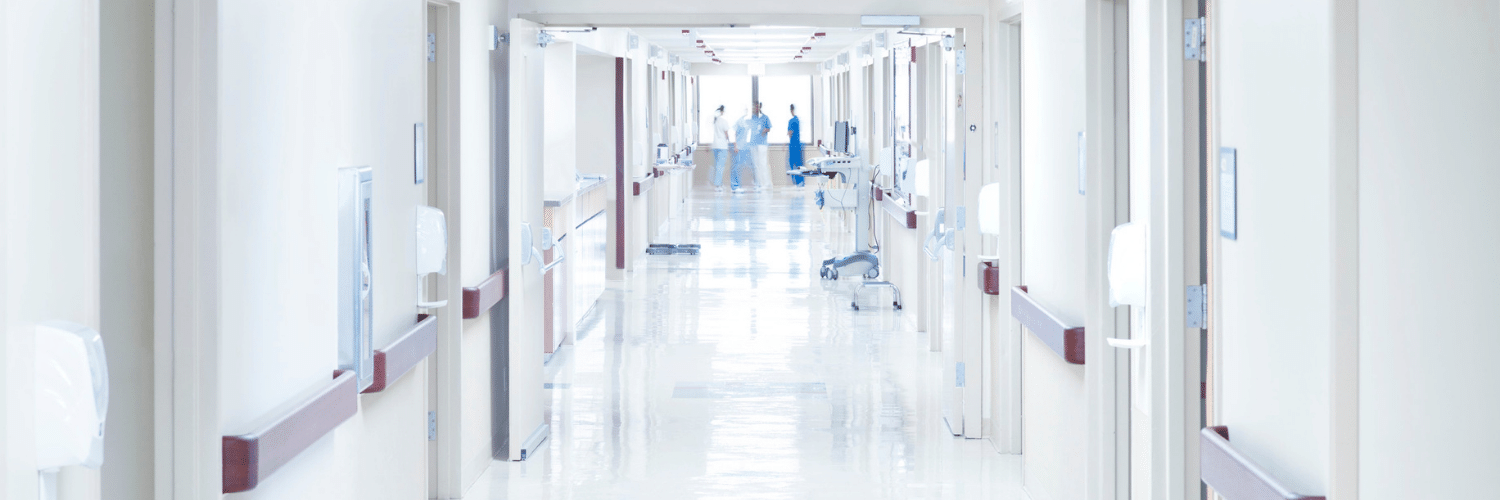
Hospital Stay After DIEP Flap Breast Reconstruction: What to Expect
Hospital Stay After DIEP Flap Breast Reconstruction: What to Expect December 09, 2020 Share on Facebook Twitter Linkedin Following DIEP flap breast reconstruction, patients are typically in the hospital for about 2-3 days. During that time, patients often wonder what they should expect. Here is what a typical hospital stay for PRMA patients entails… Flap […]

Breast Reconstruction Surgery and Your Period
Breast Reconstruction Surgery and Your Period December 02, 2020 Share on Facebook Twitter Linkedin During our pre-operative appointment with patients, a topic that occasionally arises is menstrual cycles. It is completely normal for women to experience changes with their periods throughout breast cancer treatments. These can be temporary or permanent. Periods can be unpredictable following […]

What Bras and Abdominal Girdles to Wear After Breast Reconstruction Surgery
What Bras and Abdominal Girdles to Wear After Breast Reconstruction Surgery November 17, 2020 Share on Facebook Twitter Linkedin When preparing for breast reconstruction surgery, many patients want to know what types of bras and abdominal girdles they should plan to wear after surgery. Although every surgeon has slightly different preferences, we have put together […]

My 5 DIEP Flap Realities | A Guest Blog From Julie
My 5 DIEP Flap Realities October 28, 2020 Share on Facebook Twitter Linkedin Hi everyone, my name is Julie from It’s a Bosom Thing. I am so happy to be here as a guest blogger and have this opportunity to share with you a few thoughts about life after DIEP Flap Surgery. I was diagnosed […]
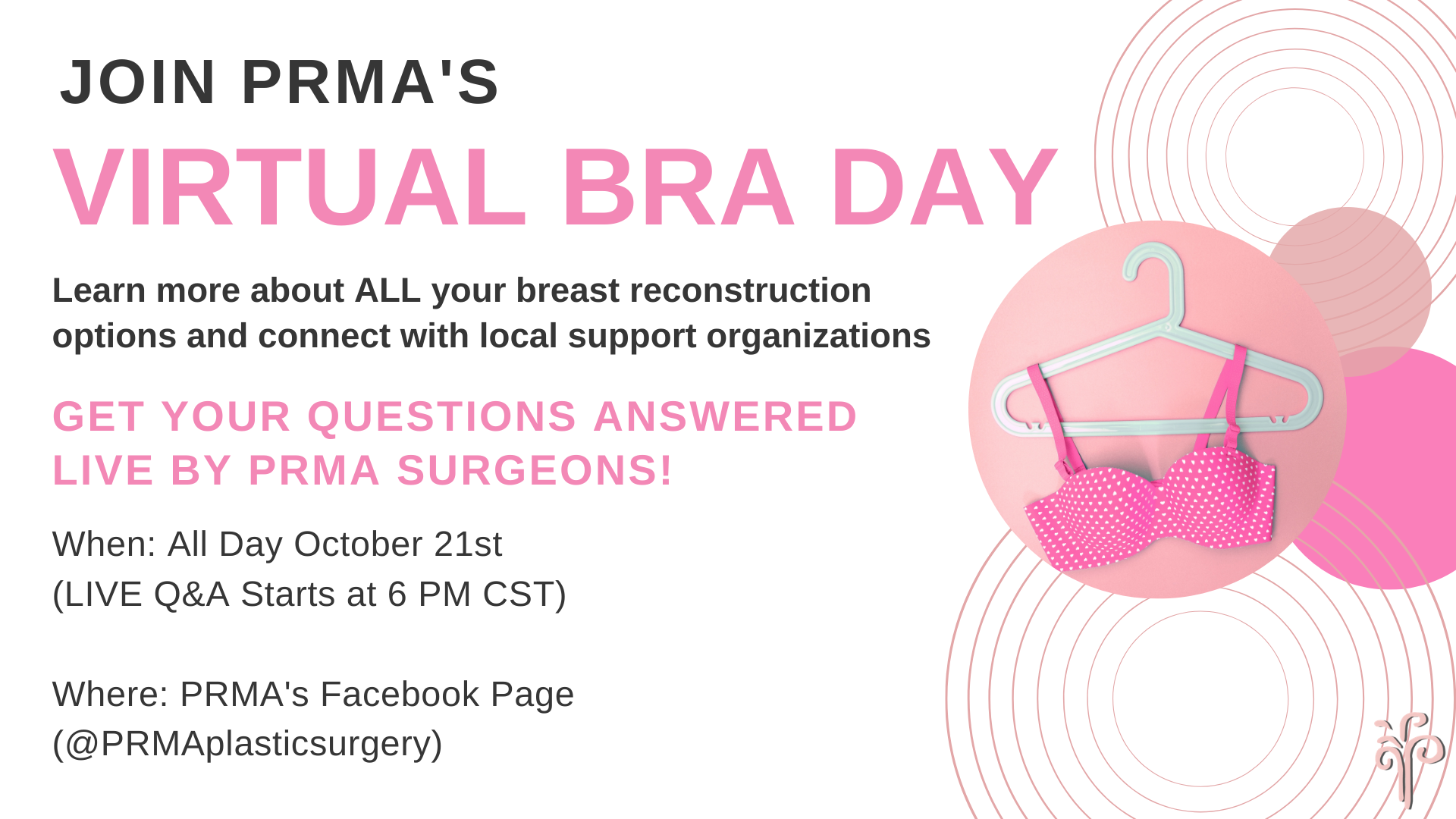
PRMA’s BRA Day Virtual Event Recap
PRMA’s BRA Day Virtual Event Recap October 22, 2020 Share on Facebook Twitter Linkedin Yesterday we celebrated Breast Reconstruction Awareness day! Although we missed seeing everyone in person this year, we were still able to spread education and awareness on ALL reconstructive options through our virtual efforts. We were also able to share information on […]
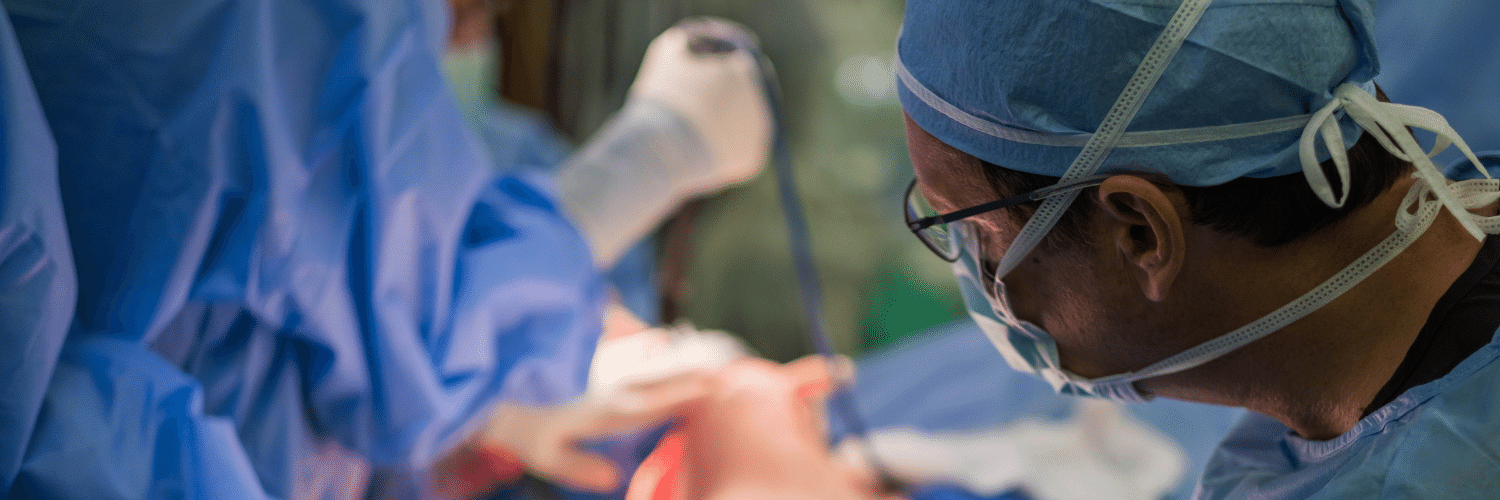
Second Stage DIEP Flap Surgery
Second Stage DIEP Flap Surgery September 08, 2020 Share on Facebook Twitter Linkedin DIEP flap breast reconstruction is typically comprised of at least two stages for the best outcomes. The second stage of surgery is commonly referred to as the “revision” stage and is usually performed about three months after the initial reconstruction. The purpose […]

If ‘Flaps’ Are Such A Great Breast Reconstruction Option, Why Doesn’t Everyone Get Them?
If ‘Flaps’ Are Such A Great Breast Reconstruction Option, Why Doesn’t Everyone Get Them? September 08, 2020 Share on Facebook Twitter Linkedin Flap-based breast reconstruction procedures, like the DIEP flap, offer patients a safe, natural implant-alternative option to reconstruction after a mastectomy. Flap surgeries are permanent and are associated with fewer complications after radiation when […]
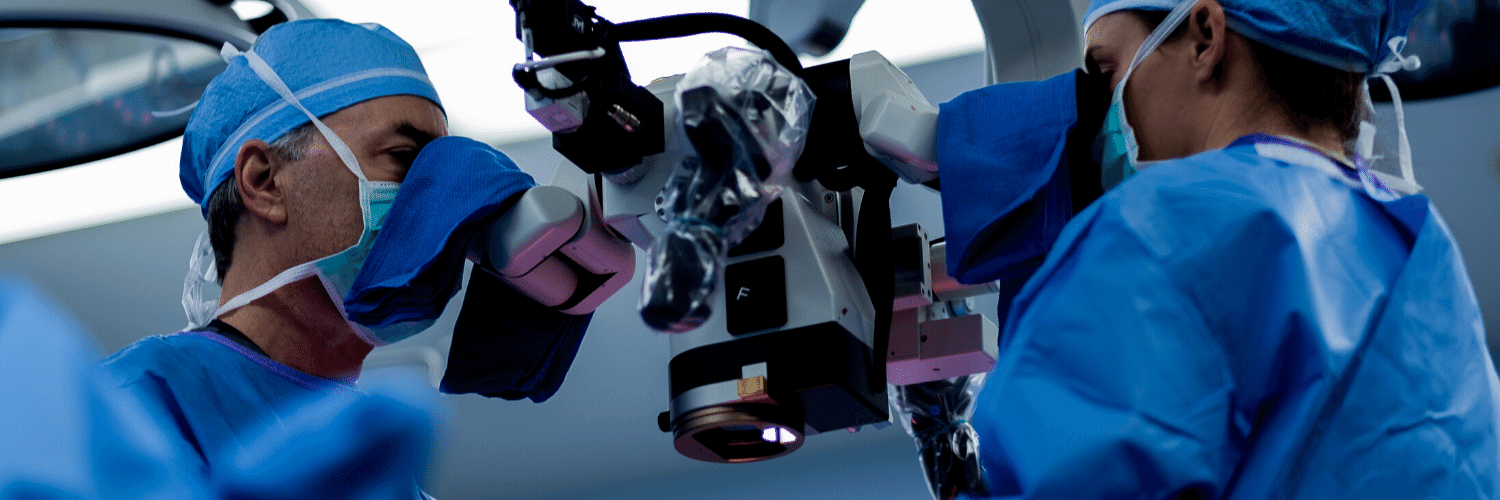
What is a Skin Island and How is it Used in Breast Reconstruction?
What is a Skin Island and How is it Used in Breast Reconstruction? September 08, 2020 Share on Facebook Twitter Linkedin What is a “skin island”? The term “skin island” is used to describe the remaining visible skin from a transplanted “flap” of tissue. In the setting of DIEP flap breast reconstruction, the skin island […]

Comparing APEX Flap and DIEP Flap Breast Reconstruction
Comparing APEX Flap and DIEP Flap Breast Reconstruction August 10, 2020 Share on Facebook Twitter Linkedin We have been receiving numerous inquiries about the “APEX flap” recently. Patients want to know what it is and how it differs from the DIEP flap. APEX is an acronym that stands for “Abdominal Perforator Exchange”. Many patients believe […]
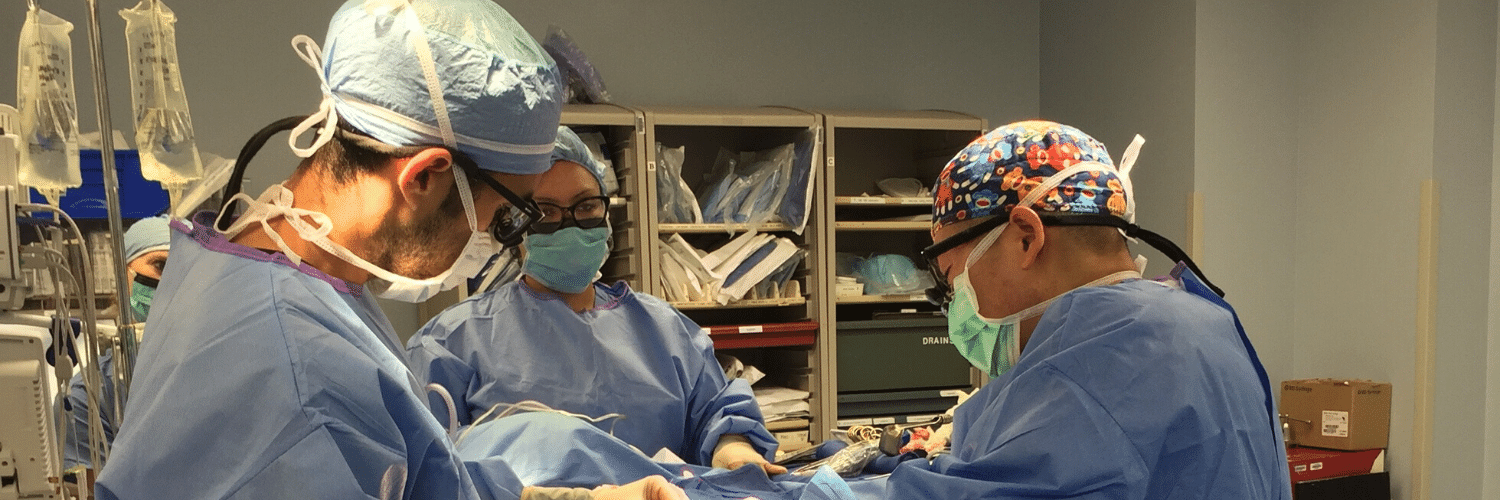
Monitoring the Health of Your Flap During & After Surgery
Monitoring the Health of Your Flap During & After Surgery July 21, 2020 Share on Facebook Twitter Linkedin Autologous flap (or tissue) breast reconstruction procedures represent today’s most advanced options for rebuilding a breast(s) following mastectomy. The most commonly performed method of flap-based reconstruction at PRMA is the DIEP flap. During this procedure, surgeons transplant skin […]



No Comments